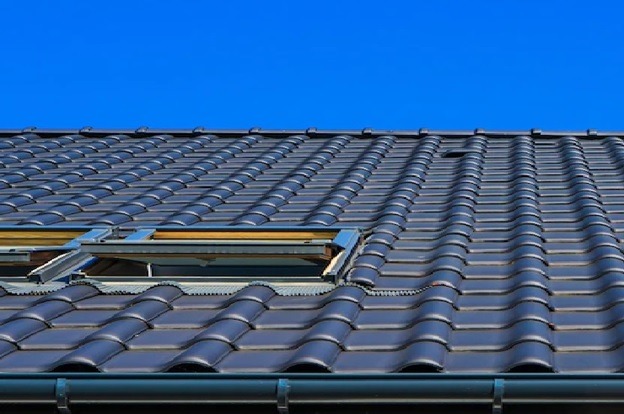Roofing is an essential aspect of construction, and the type of material used can greatly impact the longevity and aesthetic of a building. From traditional options such as asphalt shingles and clay tiles to newer materials like metal and solar panels, the choices for roofing are numerous and each has its own benefits and drawbacks.
It’s important to consider these factors before deciding on which type of roofing material to use, as the right choice can make a significant difference in the overall performance and look of a building.
Asphalt Shingles
Asphalt shingles are a popular choice for roofing due to their durability, versatility, and affordability. These shingles are made of a fiberglass or organic mat, coated in asphalt, and finished with a layer of mineral granules. They offer a range of options in terms of color and design, making them a great option for both residential and commercial buildings. Asphalts shingles are easy to install and maintain, making them a great value for money option.
Rolled Roofing
Rolled roofing is a cost-effective and versatile option for flat or low-slope roofs. Made of weather-resistant material, typically asphalt-saturated felt or rubber, it’s quickly and easily installed by rolling it out and securing it to the roof deck. Its flexibility allows it to conform to any surface, making it a great choice for any type of building and a budget-friendly solution for roofing needs. Additionally, its durability and easy maintenance make it a great option for both residential and commercial buildings.
Wood Roofing
Wood roofing, made from natural materials like cedar, pine, or redwood, has a rustic and natural charm that can add character and warmth to a building. It is a sustainable option as it is renewable, biodegradable, and can be locally sourced. Wood shingles or shakes are easy to work with, and can be shaped and stained to match any architectural style, making them a great option for both residential and commercial buildings. Moreover, wood roofing has a natural insulation property and also adds to the energy efficiency of the building.
Modified Bitumen Roofing
Modified Bitumen roofing is a type of asphalt-based flat roofing material that offers a combination of durability and flexibility. It’s made of a rubberized asphalt material, reinforced with polymer or fiberglass, that is applied in sheets or rolls. This unique combination makes it resistant to UV rays, punctures, and extreme temperatures, which makes it a great option for both residential and commercial buildings in any climate. Its easy installation process, either with heat or cold application methods, along with its long-lasting performance and durability make it an attractive option for any roofing project.
Recently, modified bitumen vs roll roofing has been a popular topic of discussion.
Metal Roofing
Metal roofing is a popular choice for its durability, energy efficiency, and range of design options. It can be made of different types of metal such as aluminum, steel, copper, and zinc. Metal roofs are lightweight, long-lasting, fire-resistant, and can withstand severe weather conditions. They are also eco-friendly, as metal roofing materials are often made of recycled content and are 100% recyclable. These characteristics make metal roofing a perfect option for both residential and commercial buildings, providing great value for money and long-term performance.
To Wrap Up
There are many types of roofing materials to choose from, each with its own unique characteristics and benefits. Whether you’re looking for durability, energy efficiency, or aesthetic appeal, there is a roofing material that will meet your needs. It’s essential to weigh all the options and make an informed decision to ensure a long-lasting, functional, and beautiful roof.

